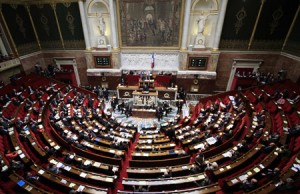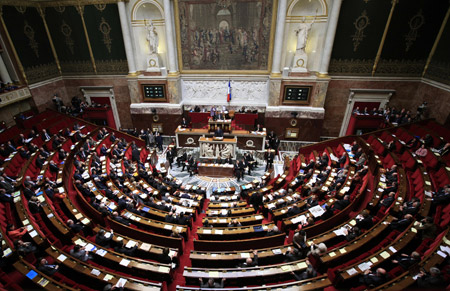 France’s credit rating has been cut for the second time in two years. Standard and Poor’s – the international financial services company – has downgraded France’s credit rating from AA+ to AA due to problematic unemployment figures.
France’s credit rating has been cut for the second time in two years. Standard and Poor’s – the international financial services company – has downgraded France’s credit rating from AA+ to AA due to problematic unemployment figures.
Economists have expressed concern at France’s ability to raise government revenue for the last two years, as growing government spending and an ‘exodus’ of high net-worth individuals have put a strain on the large European economy.
France’s government debt is estimated to reach 86% of total GDP within two years, with high unemployment and limited tax revenue creating a potential crisis for the country’s economy.
French government officials objected to the country’s declining rating, noting that the country had implemented numerous reforms in an effort to fix its finances over the past 18 months.
Pierre Moscovici, France’s Finance Minister, noted that in the past 18 months, “the government has implemented major reforms aimed at improving the French economic situation, restoring its public finances, and its competitiveness.”
The government has also issued a public statement claiming that its debt rating puts it amongst the Eurozone’s safest economies. With a lower credit rating, borrowing is more expensive for France’s government, and investors in the European economy are able to command higher interest rates and earnings from their loans.
S&P responded to France’s criticism of the ratings change, noting that it “believes the French government’s reforms to taxation, as well as to product, services, and labour markets, will not substantially raise France’s medium-term growth prospects.”
The financial services company also noted that high unemployment, which has been above 10 per cent for the last 12 months, weakens support for new policy measures aimed at strengthening France’s fiscal situation. Despite the ratings downgrade, the agency gave France a “stable outlook” rating, indicating that further ratings changes are unlikely.





